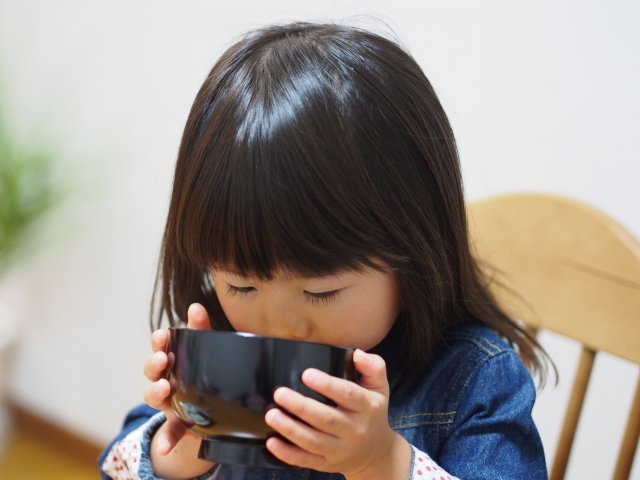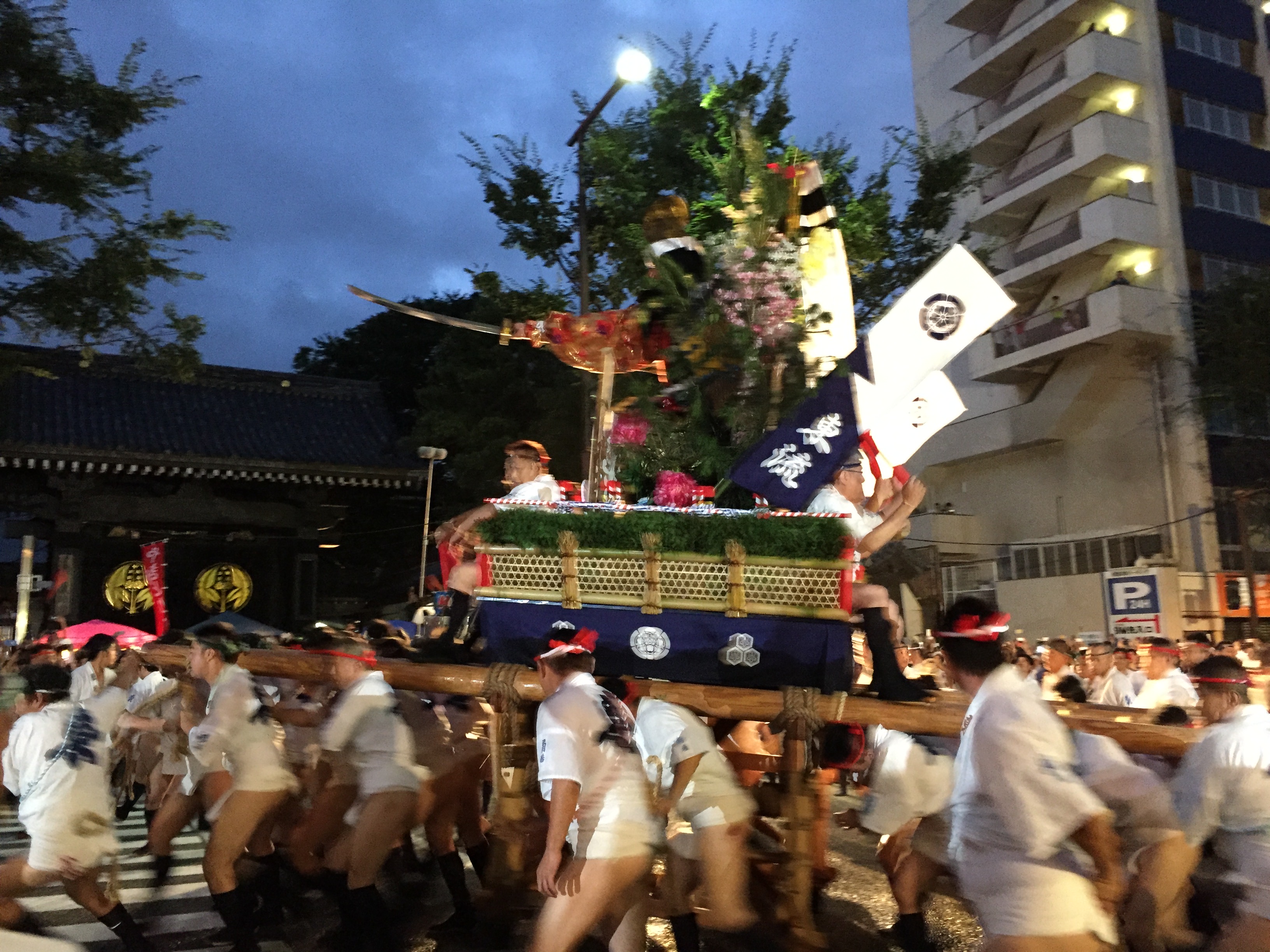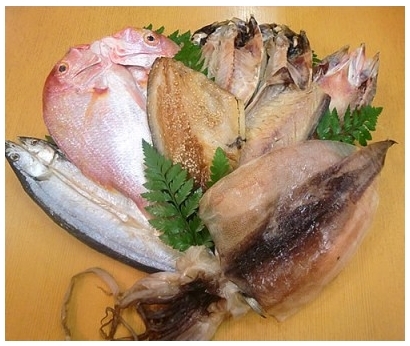… that you wouldn’t do in North America.
There are things you can do in Japan that you can’t do in North America. It needs to be noted that there is a very real difference between “can” and “may,” however. Strictly speaking, as my elementary school teachers were wont to do, can means to be capable of doing something and may means having permission to do it. When your Japanese companions tell you that you can slurp noodles and hot liquids you may discover the opposite of Mrs. Smith’s, “maybe you can, but you may not.” Especially if your mother was the kind who worried that people might suspect you were raised in a barn, even though you may slurp noodles and hot liquids, it might be that you still can’t. It’s not so easy if you were trained not to. Slurping is a survival skill I recommend acquiring, though; Japanese food is almost always served piping hot and slurping can save you from burned lips and a raw tongue. Just don’t practice when your mom is around.
Sniffling is one thing I was glad is accepted in Japan. I was often encouraged to blow my nose as a child (and stop that sniffling) but I never liked the way it feels. Lucky me, it turns out that blowing your nose in public is actually considered rude here. Sniffle Sniffle Picking your nose, on the other hand (as it were) is seemingly accepted but no fun to watch. I’m fairly used to it now, but there have been times I thought people must have had a gold nugget in their noses. Yuck, but convenient when it’s me who needs to do some picking.
Fortunately, the large events like the Olympics and World Rugby Cup and marathons that rely on foreign tourists made the government attempt to discourage men from urinating in public. It’s been mostly successful, but don’t be too shocked if you see an overworked taxi driver or anonymous drunk marking their territory in the manner of our canine friends, and just as nonchalantly.
Speaking of drunk — it’s okay to be. Drinking is considered a socially acceptable way to blow off steam and people are extremely tolerant of even the most obnoxious drunks. There are no open carry laws and most public spaces appear to allow drinking alcohol. It’s really common to see people drinking at a park or on the beach. Do be careful when you’re walking in an area that has lots of bars. It’s common to top off a night of drinking with a steaming bowl of noodles, and “we ain’t leavin’ until we’re heavin'” is a rule for many of the ubiquitous “salarymen.” Best to keep an eye out or wear shoes that aren’t your Sunday best. Tolerance for drunks also extends to them passing out in public places. Supine, suited salary men are a fairly common sight on Saturday morning. I can’t wait until the inevitable legalization of marijuana finally gets here. Mellowness and clean sidewalks are nice things in any country.
If you’ve ever thought it would be easier to just pick up your plate so you could get things in your mouth but not all over your clothes, this is the place. Holding the bowl of rice under whatever I’m eating to catch the occasional chopstick mishap is a godsend, I’m tellin’ ya. Most soups come in a bowl that is meant to fit nicely in your hand so that you can easily drink from it. You’ll never have to chase that last drop around the bowl with your spoon while you’re here.
If that magazine cover is just too enticing and you can’t help but peek, you don’t have to worry about the proprietor yelling out ” are you gonna buy that or just stand there and read it?” A look around any convenience store or bookstore will immediately put you at ease. It’s so common to read a book or magazine while standing in the store that there’s even a Japanese word for it — tachiyomi. A similar situation exists in family restaurants and cafes. You can order just the one cup of coffee and sit unmolested for almost as long as you like.
If you smoke, you’ll need to get here quick. There are still a number of bars that allow smoking and restaurants that have a designated smoking section, but smoking in public, and all public buildings is prohibited. The legislature has been debating curbing the designated areas for quite a while now and will probably eventually concede to common sense and outright ban smoking. Of course, the government will probably want to stop making, advertising and selling cigarettes first.
A last thing that’s really convenient is being able to ask the police for directions. There are small police stations in many neighborhoods. They’re called koban in Japanese, and police box by many people here who speak English. They would likely be called sub-stations in the U.S.. Police often seem happy to have something to do and are usually very helpful. If you can’t speak Japanese, just showing the address you’re looking for will often do the trick.




Comments